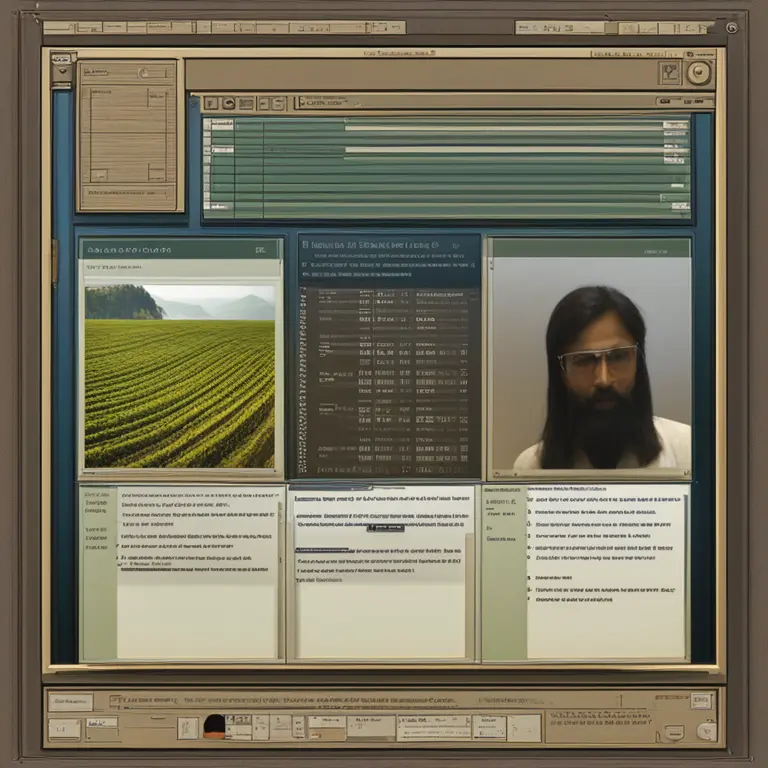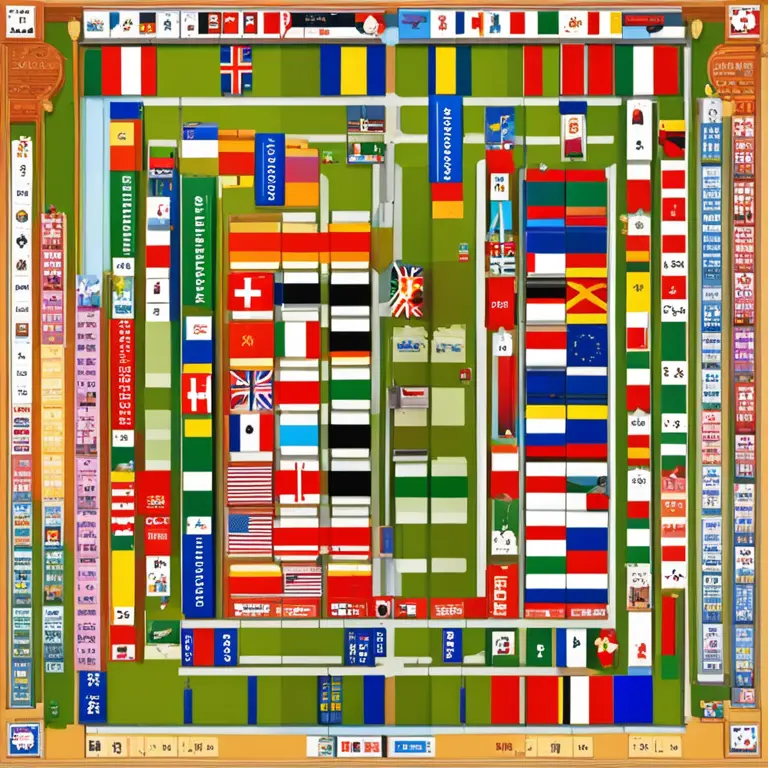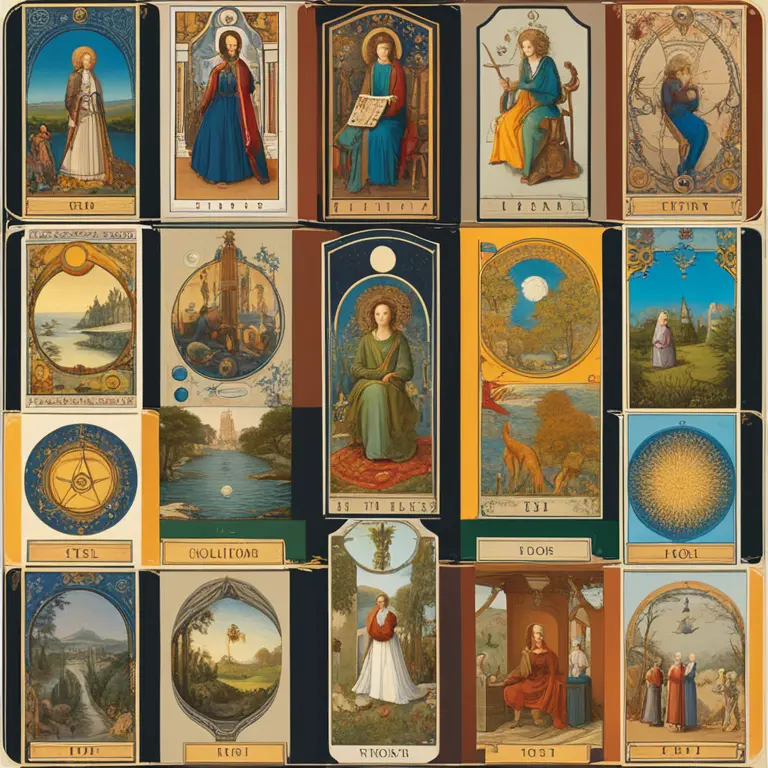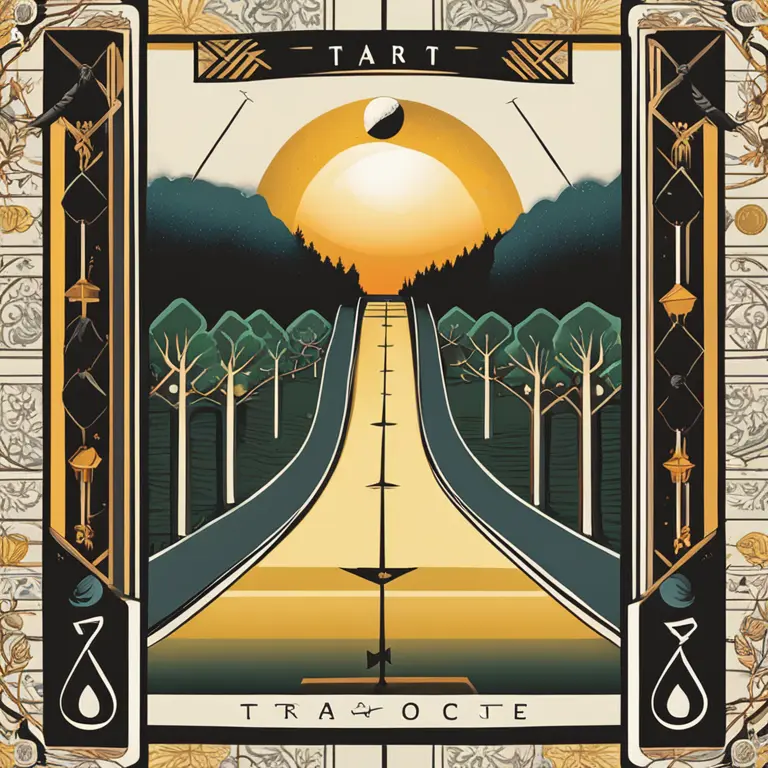
Introduction to Tarot's Linguistic Past
The fascinating world of tarot begins with its enigmatic name—a word that carries mystique and curiosity about its origins. Despite extensive research, the etymology of 'tarot' is a road paved with theories and scholarly debates. From medieval Europe to the present day, tarot has evolved both in practice and in language. Let's embark on a trail through history to uncover the linguistic roots of this enduring term and its connection to divination, self-reflection, and the human psyche.

The Theories of Tarot Terminology
There are several theories regarding the origin of the word 'tarot'. Some suggest it traces back to the 15th-century Italian 'tarocchi', yet there is no definitive evidence linking the name with certainty. Others speculate it could be derived from the Taro River in Italy, though this link remains circumstantial. A fascinating hypothesis points to ancient Egypt, with claims that 'tarot' emerges from 'tar', meaning 'royal', and 'ro', meaning 'road', thus 'royal road'. However, historical accuracy for this Egyptian connection is lacking.

The Transition to Modern Terminology
The transition from 'tarocchi' to 'tarot' likely happened as the game spread across Europe. French and other languages adopted the term with slight variations, such as 'tarot' in French, which then entered the English language in the same form. The name evolution coincides with the spread of tarot's popularity from Italy to France, where it began to be used for divination, leading to the production of the Tarot de Marseille—a significant milestone in tarot history.

The Tarot's Mystical Association
The mystical associations of tarot began to solidify in the 18th century with the rise of occult interest. Etteilla, a French occultist, and Antoine Court de Gébelin postulated the tarot's links to ancient wisdom and mystical Egyptian knowledge. This period birthed a new layer to tarot's etymological narrative, intertwining the cards with symbolic esotericism and imbuing the term 'tarot' with the mystique it retains today.

Contemporary Understandings and Applications
Today, tarot transcends its ambiguous etymology to become a tool for introspection and psychological insight. In current times, notably in 2024 and beyond, the use of tarot in astrology and horoscopes provides a window into future tendencies and personality analyses, synergetically blending ancient practices with modern astrological knowledge. As we continue to search the stars and cards for understanding, tarot's etymology holds less sway over its powerful role in contemporary spirituality.
The Lasting Legacy of Tarot's Namesake
The true origin of the word 'tarot' may forever remain a tapestry of myth, speculation, and scholarly intrigue. Regardless of its etymological beginnings, 'tarot' has firmly rooted itself in the lexicon of spiritual seekers and the curious alike. Its journey from an obscure naming history to a significant cultural and spiritual artifact illustrates the timelessness of tarot, a term now synonymous with the human journey through life's mysteries.
Published: 1/17/2024
Modified: 1/17/2024
More predictions
Come back here soon to learn more about yourself and your future


Do Tarot Cards Reveal Your Future Spouse?
Discover if tarot readings can provide insights into meeting your future spouse and how tarot symbolism unfolds the secrets of love and partnership.


The Importance of Tarot in Personal Insight
Discover the importance of Tarot in gaining self-understanding and navigating life's journey.


Is He Thinking of Me? Tarot Insight
Gain insights into your romantic curiosities by learning how tarot can reveal someone's thoughts and feelings towards you.